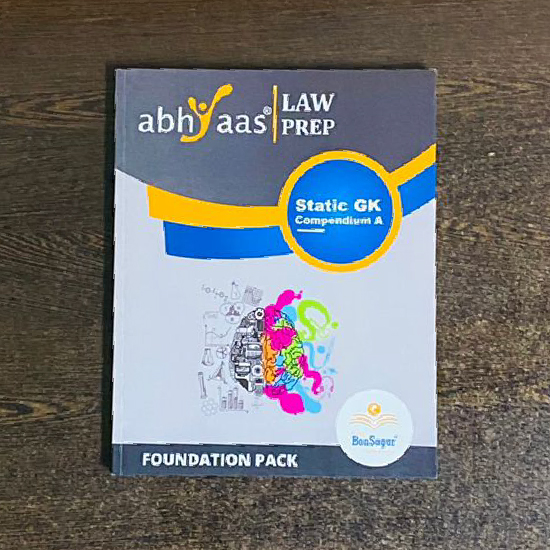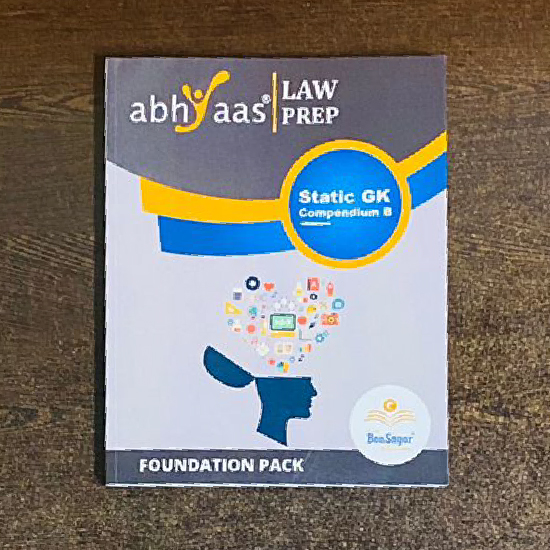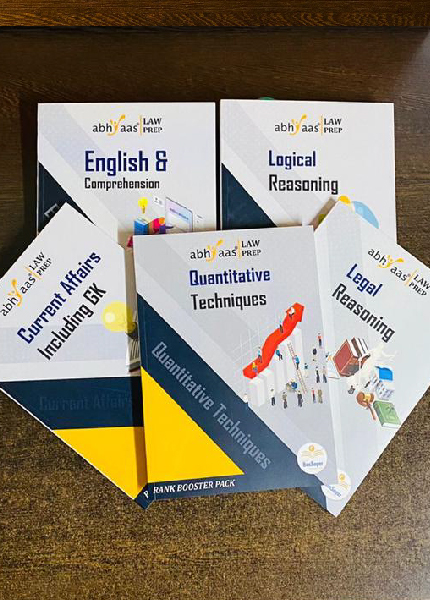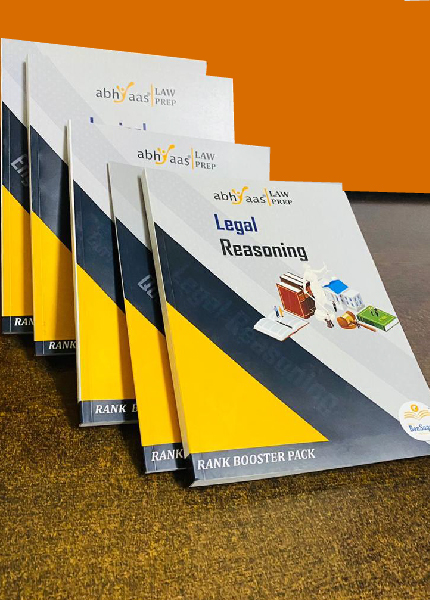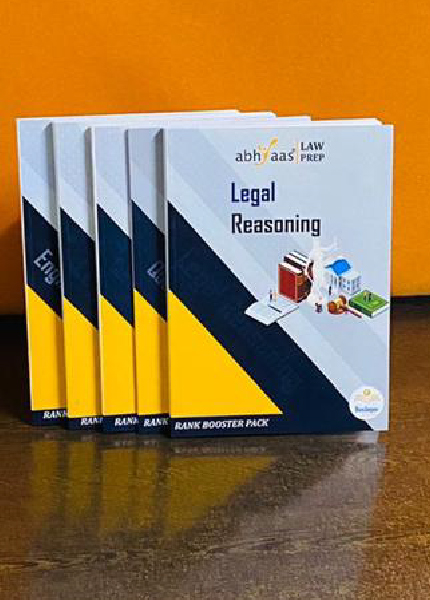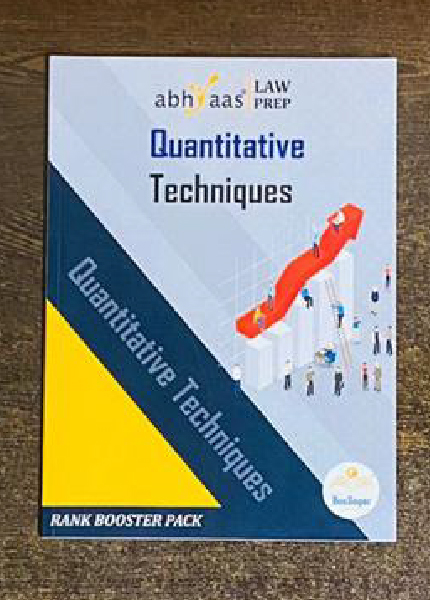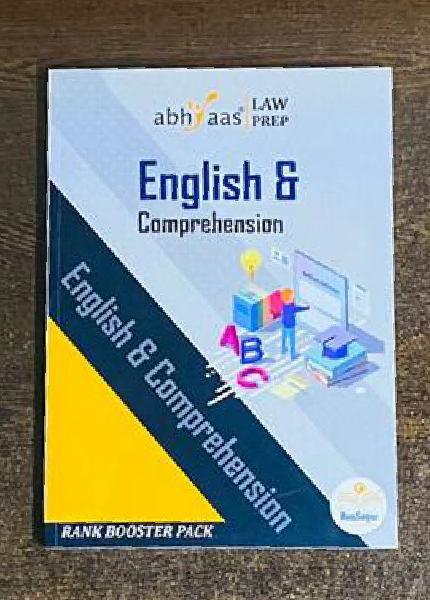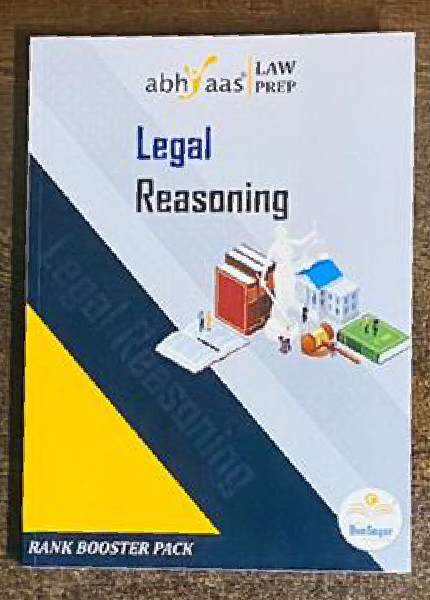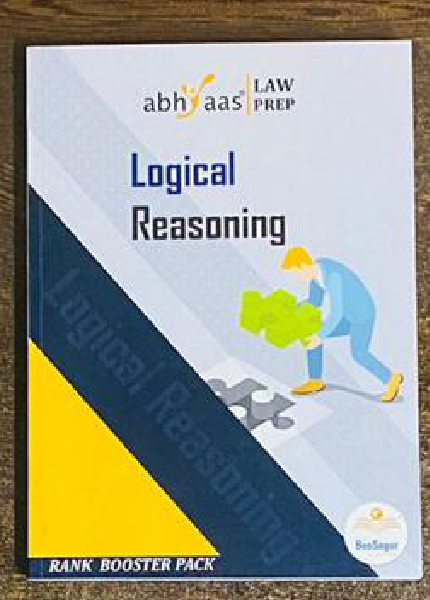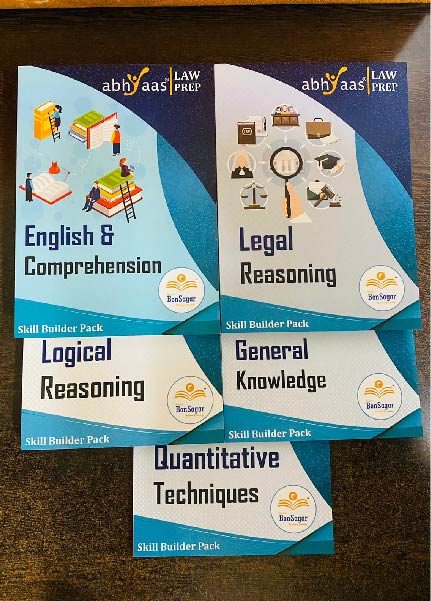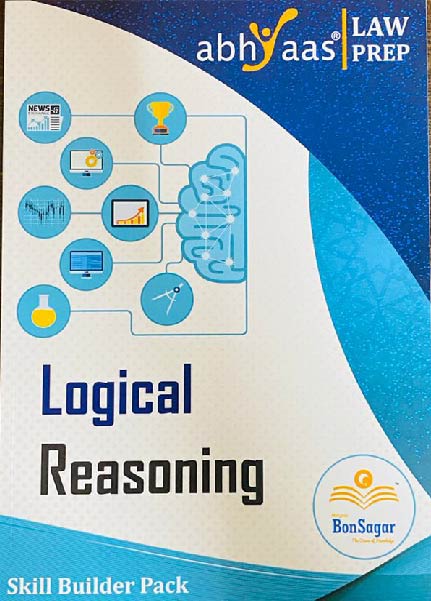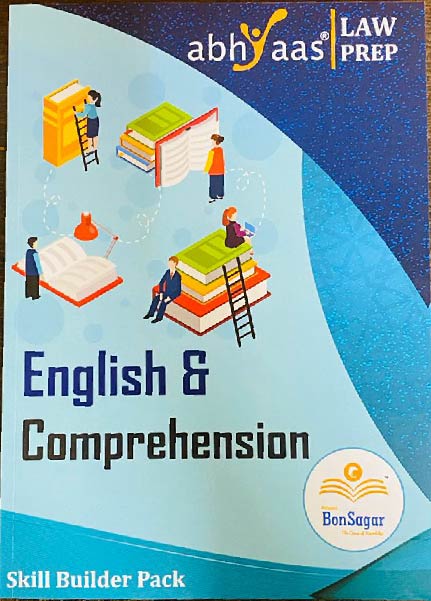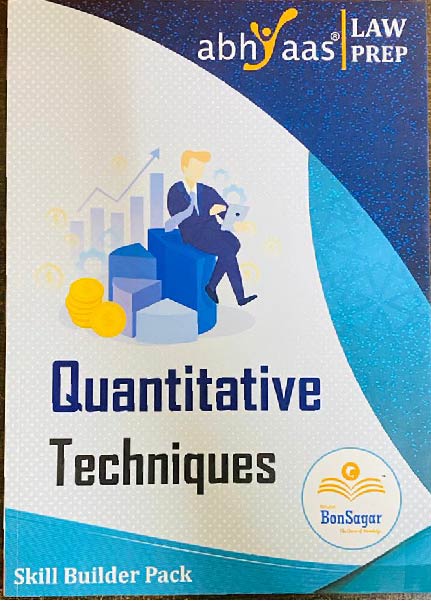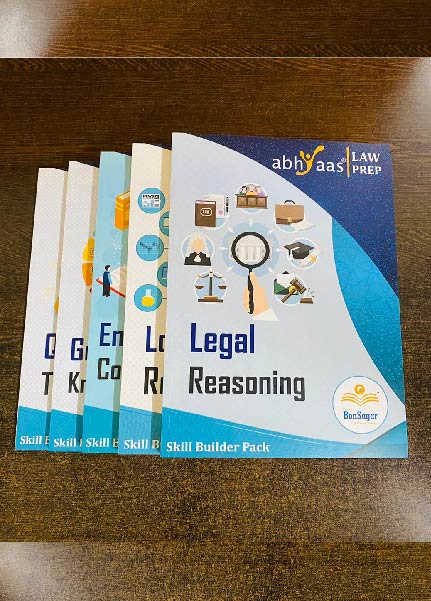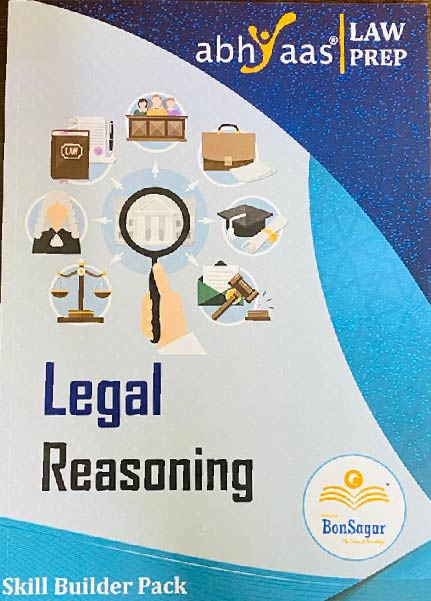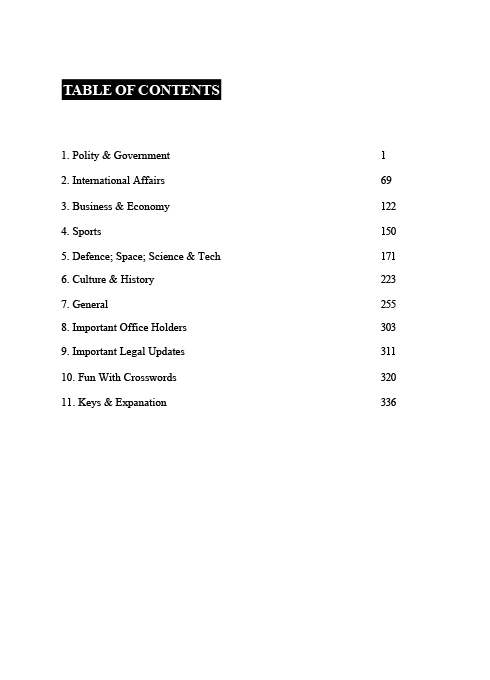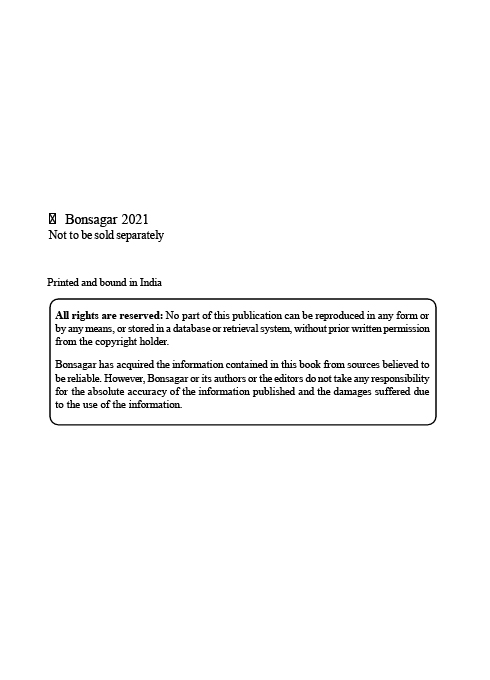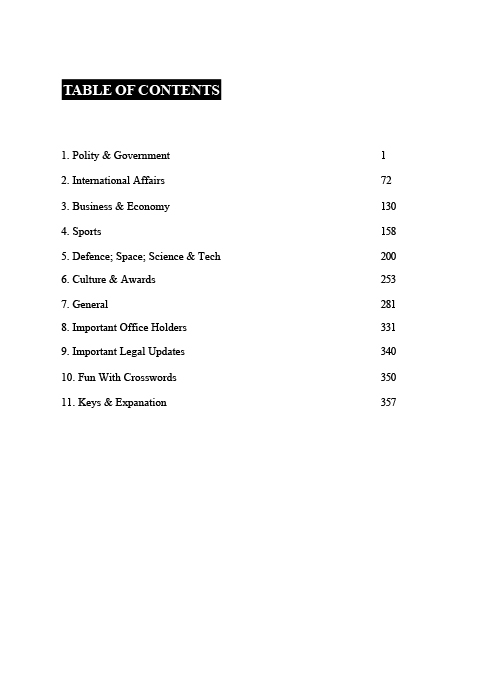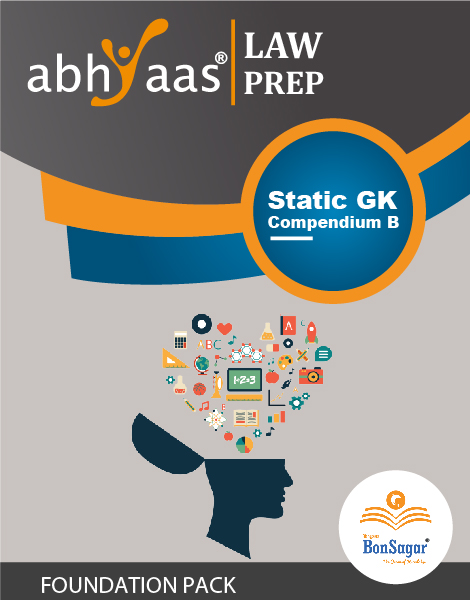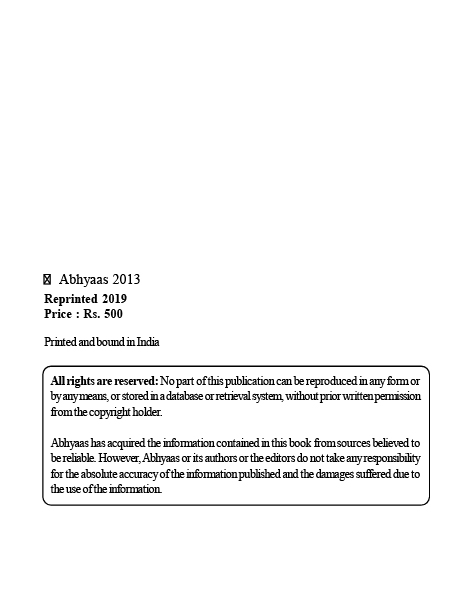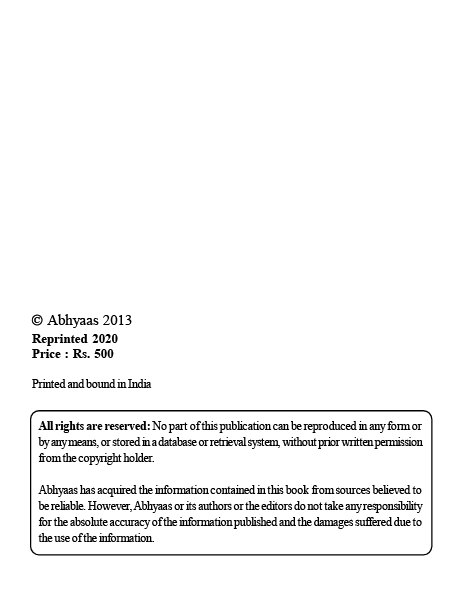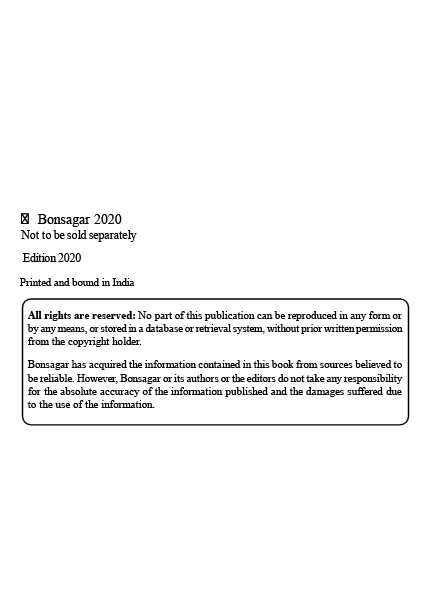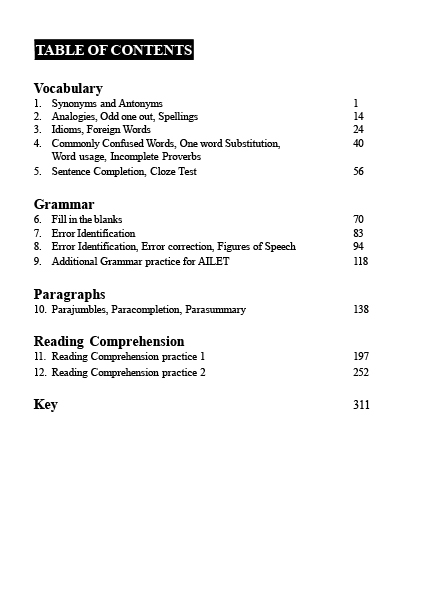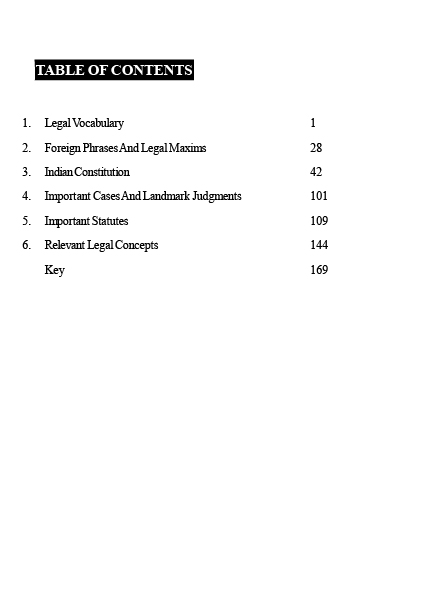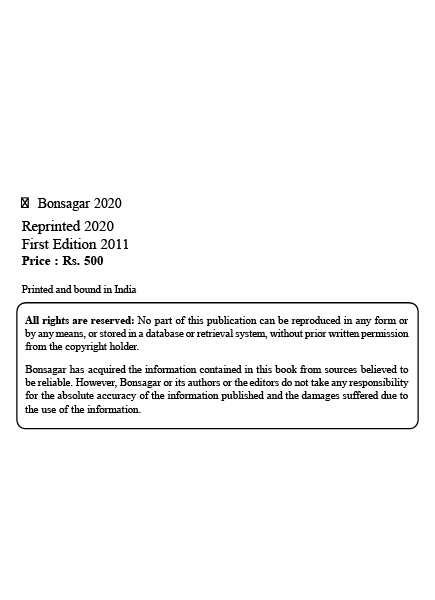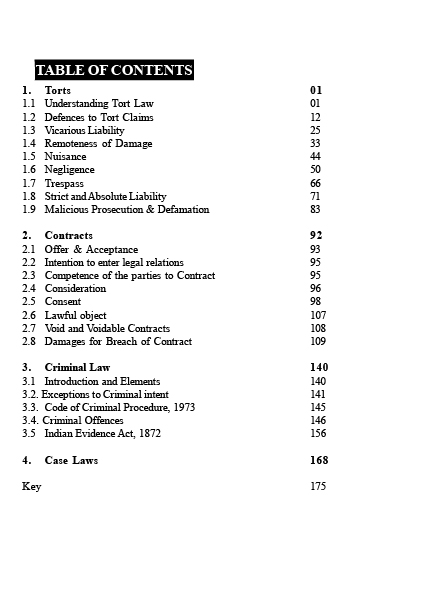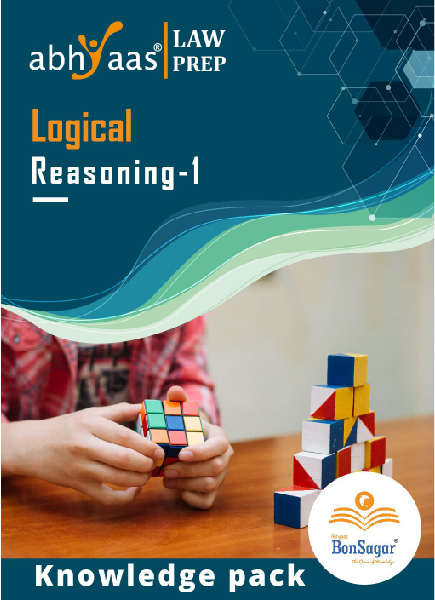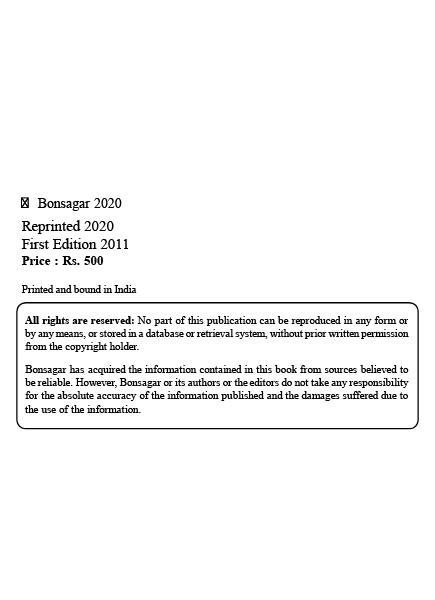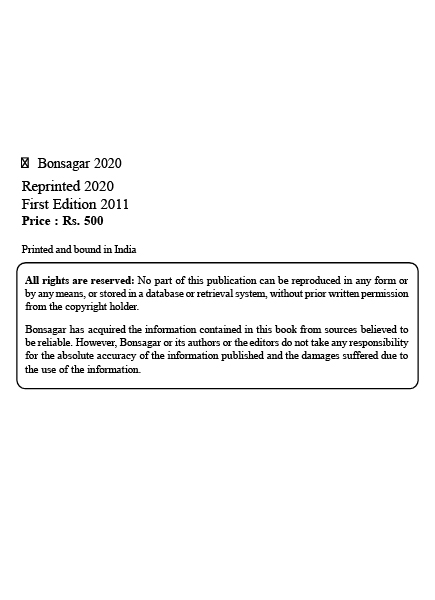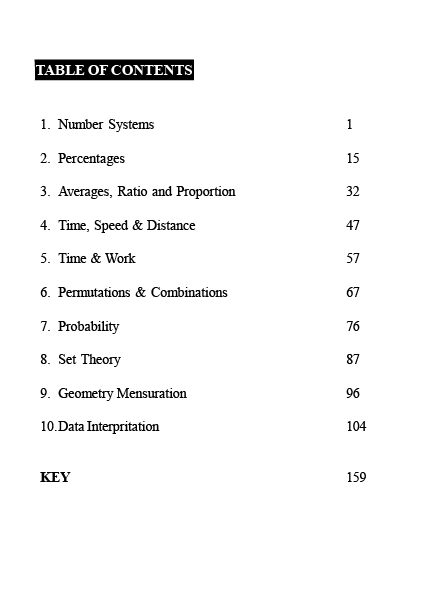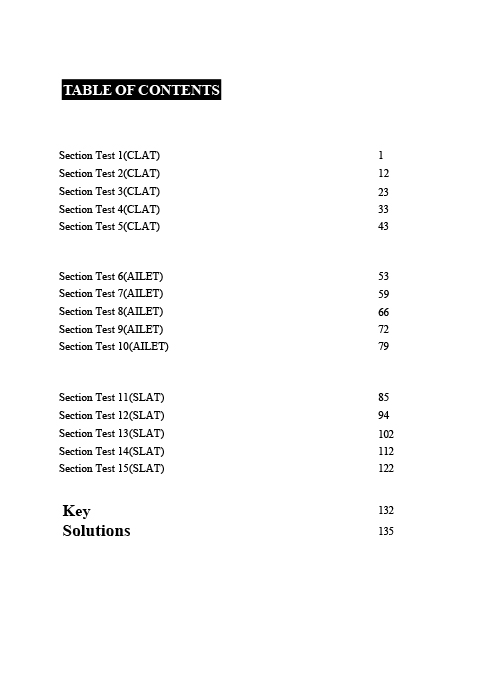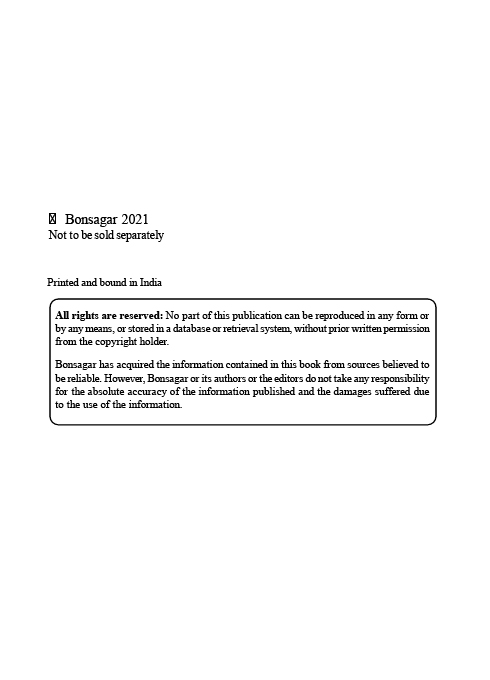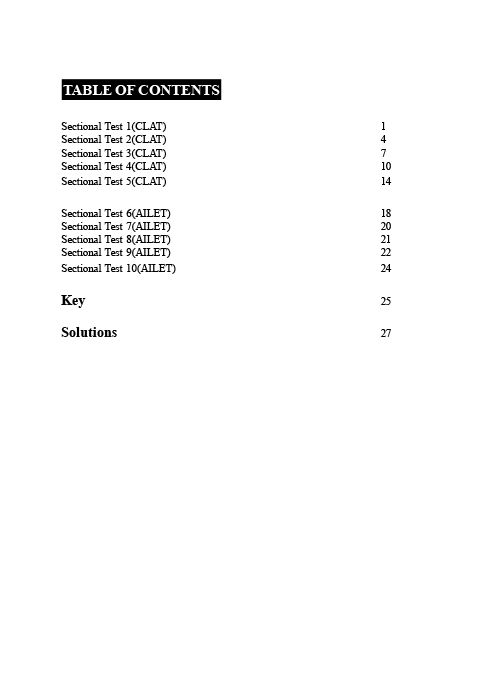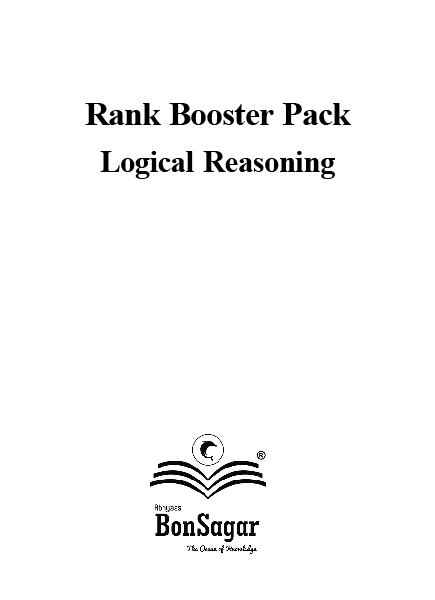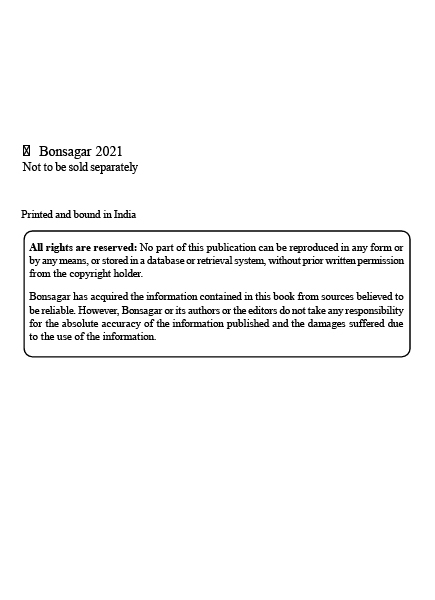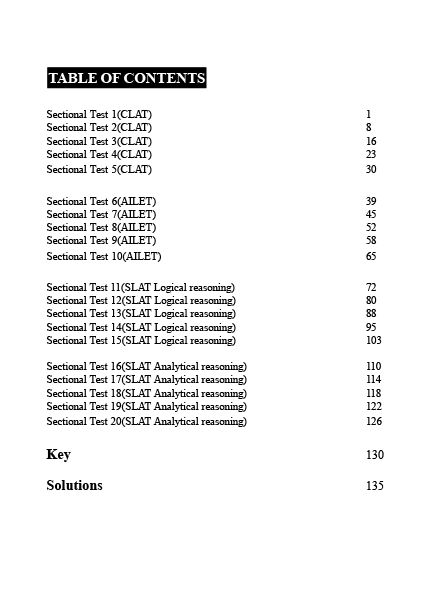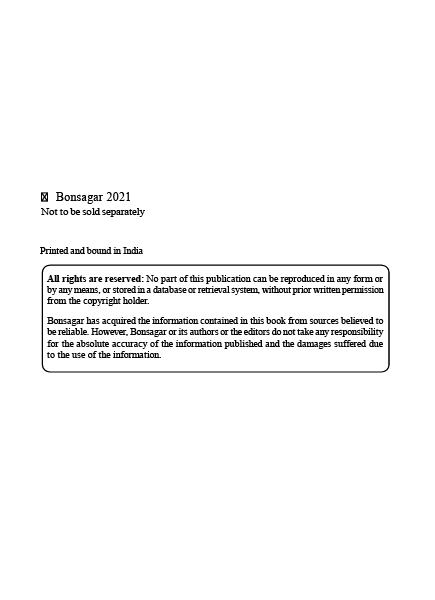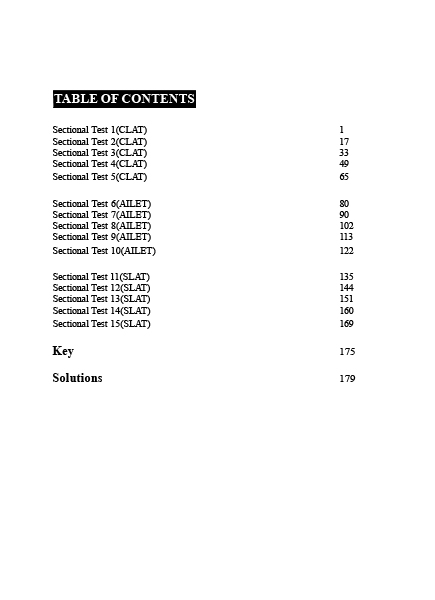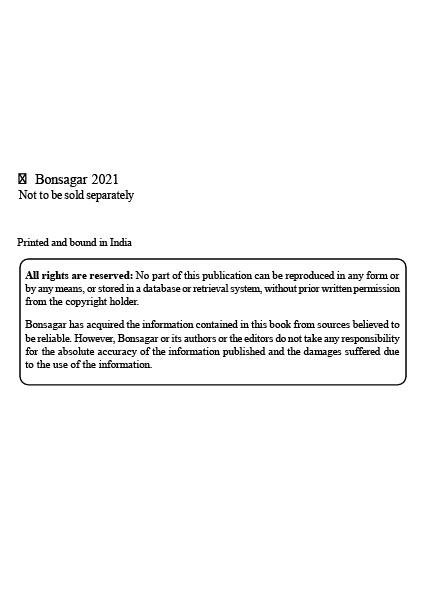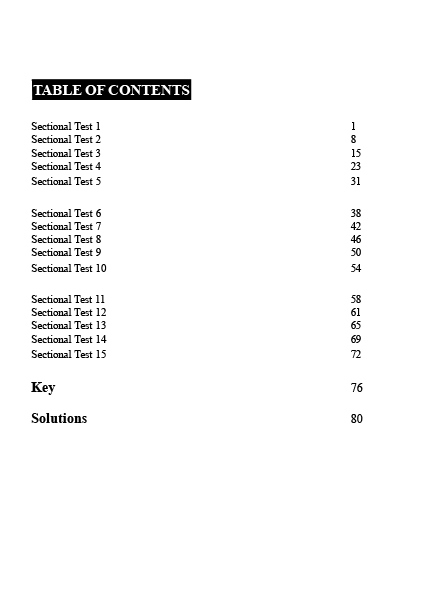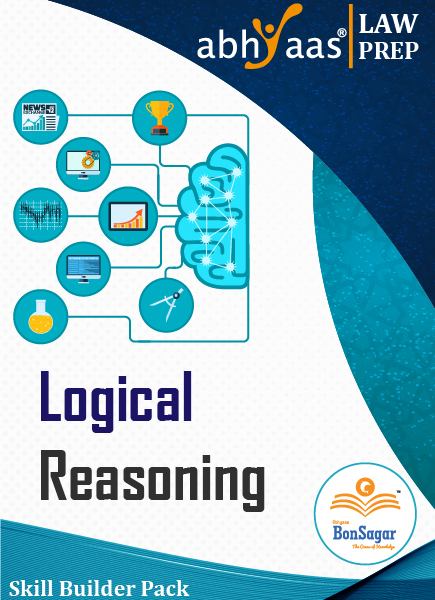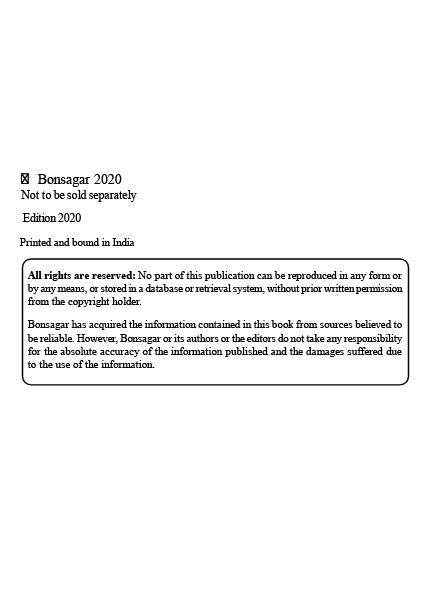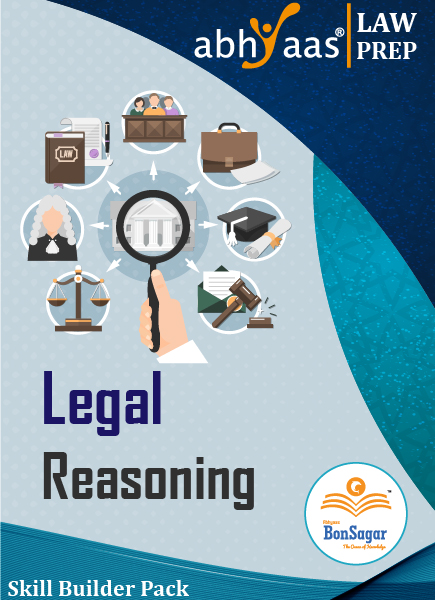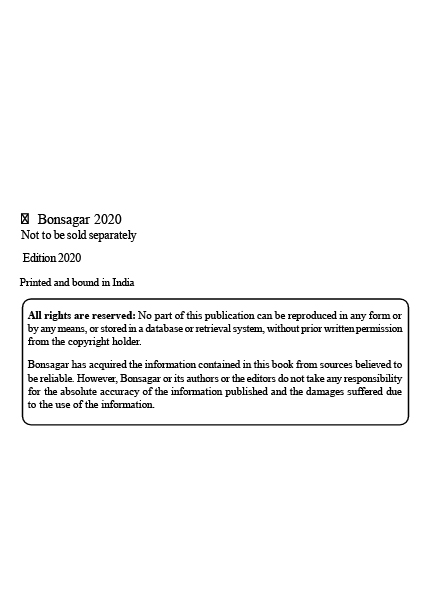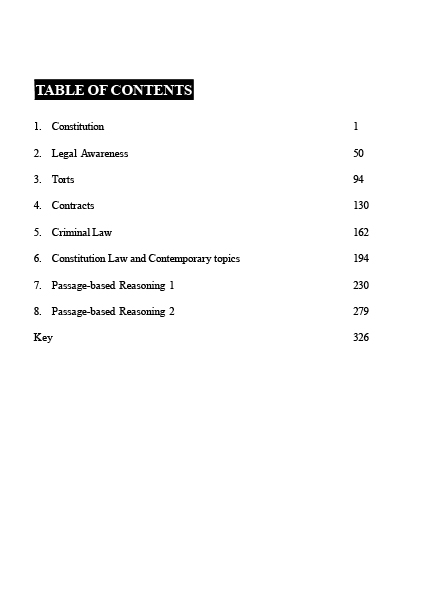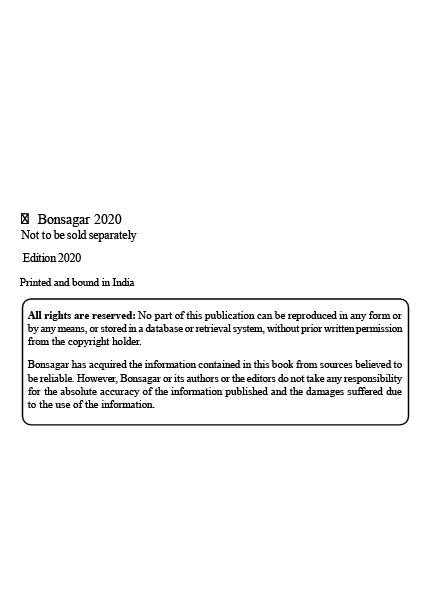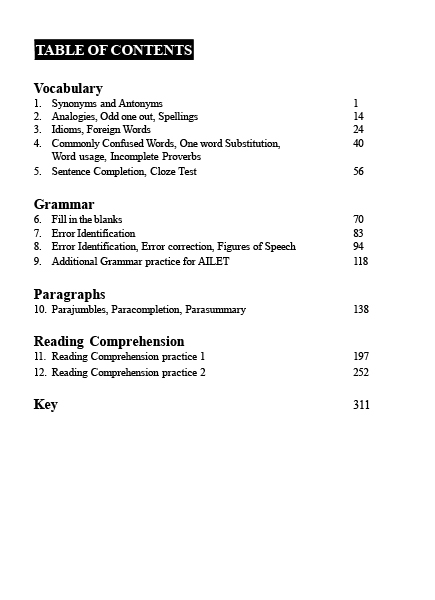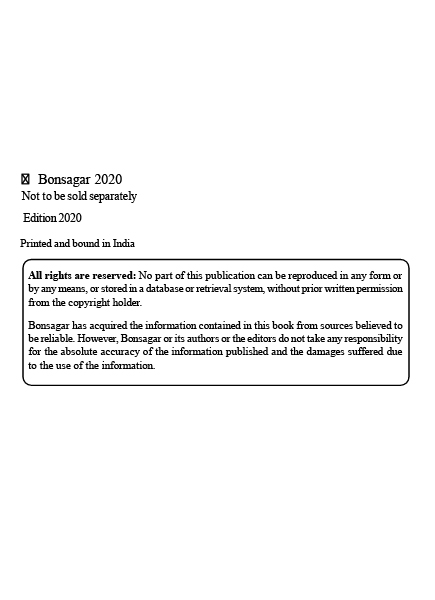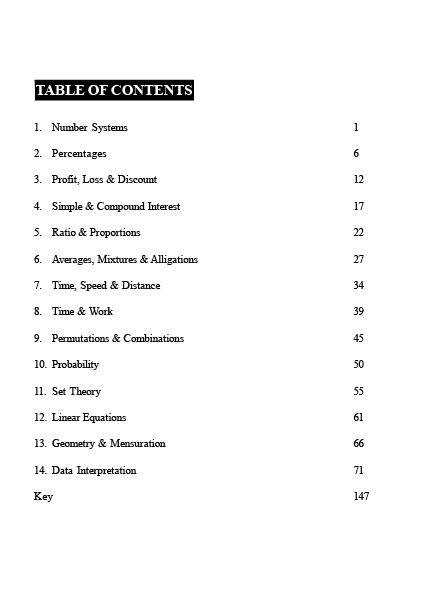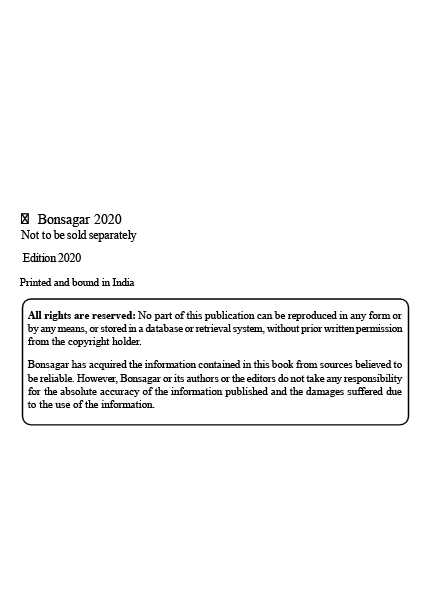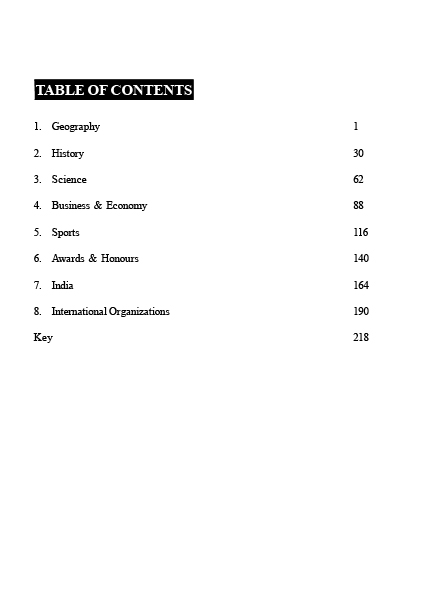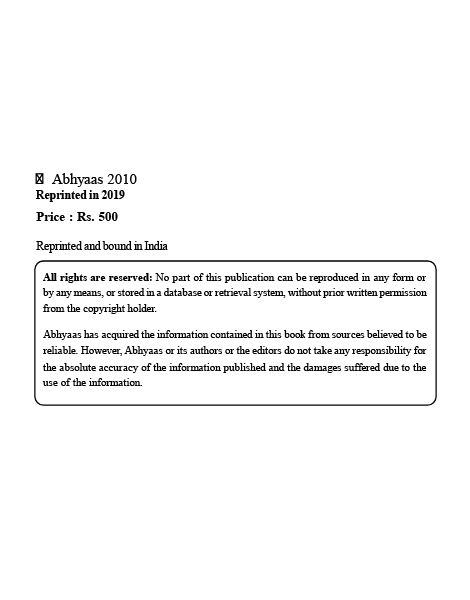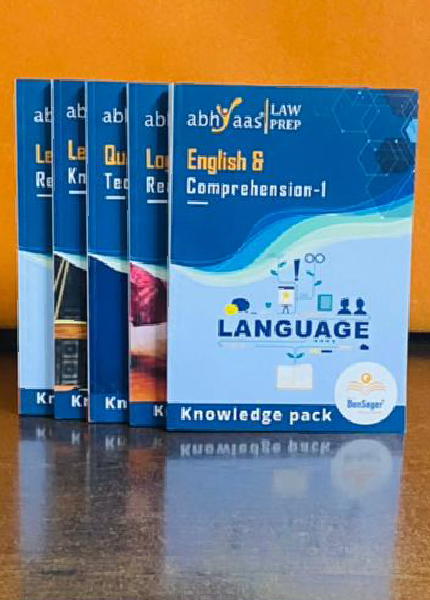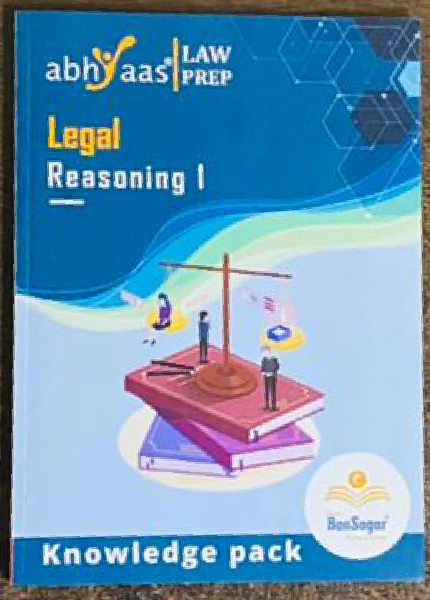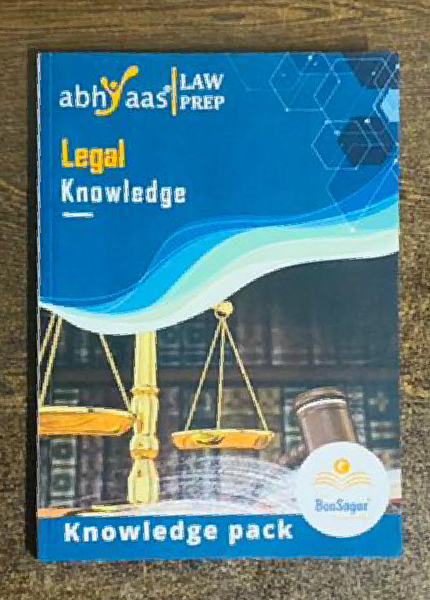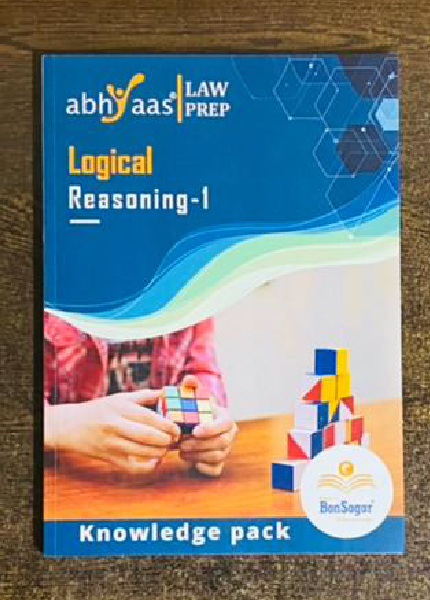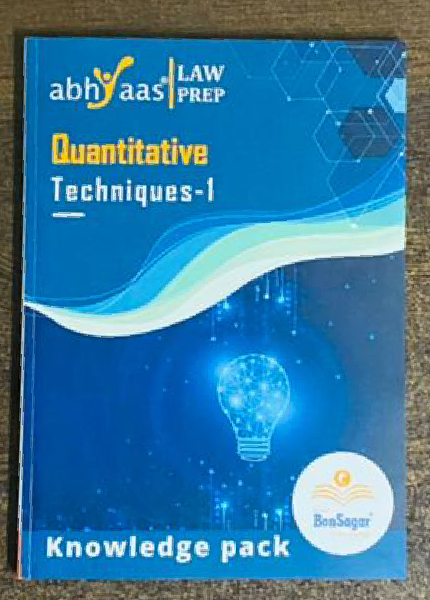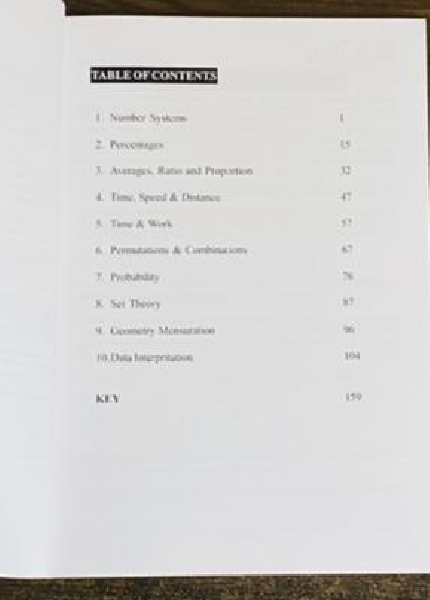
HOW TO MANAGE TIME IN THE CLAT EXAM
HOW TO MANAGE TIME IN THE CLAT EXAM
In addition to having a firm understanding of legal principles, candidates for the Common Law Admission Test (CLAT) must also have exceptional time management abilities. Effective time management is crucial to maximising your performance and performing well on the CLAT test because of the extensive material and little time available. We’ll provide you in-depth tips and tricks in this post to help you efficiently manage your time throughout the CLAT test. You may improve your study habit, simplify your preparation, and raise your chances of success by putting these techniques into practise.
Recognise the Exam Syllabus and Pattern:
To have a thorough knowledge of the parts, their weights, and the time given for each, familiarise yourself with the CLAT test structure and curriculum. Multiple-choice questions from categories including English, General Knowledge, Legal Aptitude, Mathematics, and Logical Reasoning are frequently found on exams. You may set priorities for your preparation and plan time accordingly by looking at the test pattern and syllabus.
Make a Study Plan:
A well-organized study plan is essential for time management success. Divide the time allotted for studying before the test into reasonable chunks. According to the importance of each area and your level of expertise, allot particular time periods for each one. Make sure you allot enough time for revision and practise exams. Review and modify your study schedule as necessary.
Sort Your Focus Areas by Priority:
Determine your advantages and disadvantages in each segment. Spend extra effort on the areas that need work while continuing to practise your better topics. You’ll be able to manage your time more effectively and perform better overall with this focused strategy. Make sure not to completely ignore any area, though.
Utilise High-Quality Study Resources:
Pick resources that are thorough, accurate, and in line with the CLAT curriculum. Invest in reliable books, websites, and study aids covering the exam themes thoroughly. Due to its clear organisation and presentation of information, good study materials help you save time. It enables you to concentrate on pertinent ideas and helps you avoid wasting time on out-of-date or unnecessary information.
Practise Time-Bound Mock exams:
Mock exams are a great way to learn time management skills and become comfortable with the CLAT exam setting. Regularly take timed practise exams to better prepare for exams. This will assist you in becoming acclimated to the time constraints, cultivating a sense of pace, and identifying places where you frequently take too much time. Examine your performance, make note of your errors, and adjust your exam approach as necessary.
Develop Your Speed and Accuracy:
For the CLAT test, speed and accuracy are essential. Practising answering questions inside the allotted time can help you become more swift. Put your attention on improving accuracy through regular practise and in-depth conceptual comprehension. Develop methods like bypassing challenging questions at first and coming back to them later as you become more comfortable with the question types to make the most of your time.
Acquire Time-saving Skills:
Learn time-saving strategies including skimming and scanning English section sections, applying logical reasoning shortcuts, and using quick cuts to solve arithmetic problems. These methods enable you to cut back on time without sacrificing precision. You will become used to these strategies via consistent practise and exposure to a range of question types.
Exam Day Management:
On the day of the CLAT exam, manage your time efficiently by adhering to a few crucial guidelines. To prevent any last-minute traffic, get to the testing location early. carefully read the instructions, Before beginning the exam. To develop confidence and momentum, start with the portions you are most familiar with. Spend your time carefully, dividing it up across the various parts, and make sure you answer all the questions in the time provided.
Take pauses and Stay Focused:
While time management is key, it’s also crucial to take brief pauses during your study sessions. Take breaks to unwind, recharge, and keep your concentration. Strategically plan your breaks and use them to participate in things that will reenergize your thoughts. When studying, stay away from things like social media and prolonged screen time.
Practise Time Management in Your Daily Life:
Time management is a skill that is beneficial in many facets of life and is not only for test preparation. Set objectives, prioritise work, and keep a calendar as part of your daily routine to develop strong time management skills. Your productivity and efficiency will increase as a result of these habits, helping you prepare for the CLAT as well as your other tasks in the future.
Managing Questions with No Answers in the CLAT Exam
- Mark the inquiry: You should mark any questions that you are doubtful of and go on to the next one afterward. This will allow you the chance to return to it at a later time, if you have the time.
- It’s normal to feel worried when you encounter a question you don’t know the answer to, so don’t freak out. But don’t allow your performance be impacted by your anxiousness. Remain composed, take a deep breath, and continue.
- Use your best judgement: If you have limited your options to one or two responses, use your best judgement to select the one you believe has the highest chance of being accurate.
- Follow your plan: Prior to the exam, you should have a time management plan in place. Follow that plan and don’t let unresolved questions throw you off course.
The key to passing the CLAT exam is effective time management. You can efficiently manage your time and improve your chances of getting a high score by comprehending the exam format, making a study plan, setting priorities, using quality study materials, taking practise exams, honing speed and accuracy, and putting time-saving strategies into practise. Aim for a balance between speed and precision while being disciplined and focused. You may succeed on the CLAT test and pave the road for a prosperous legal career by putting out constant effort and adopting a smart approach to time management.










